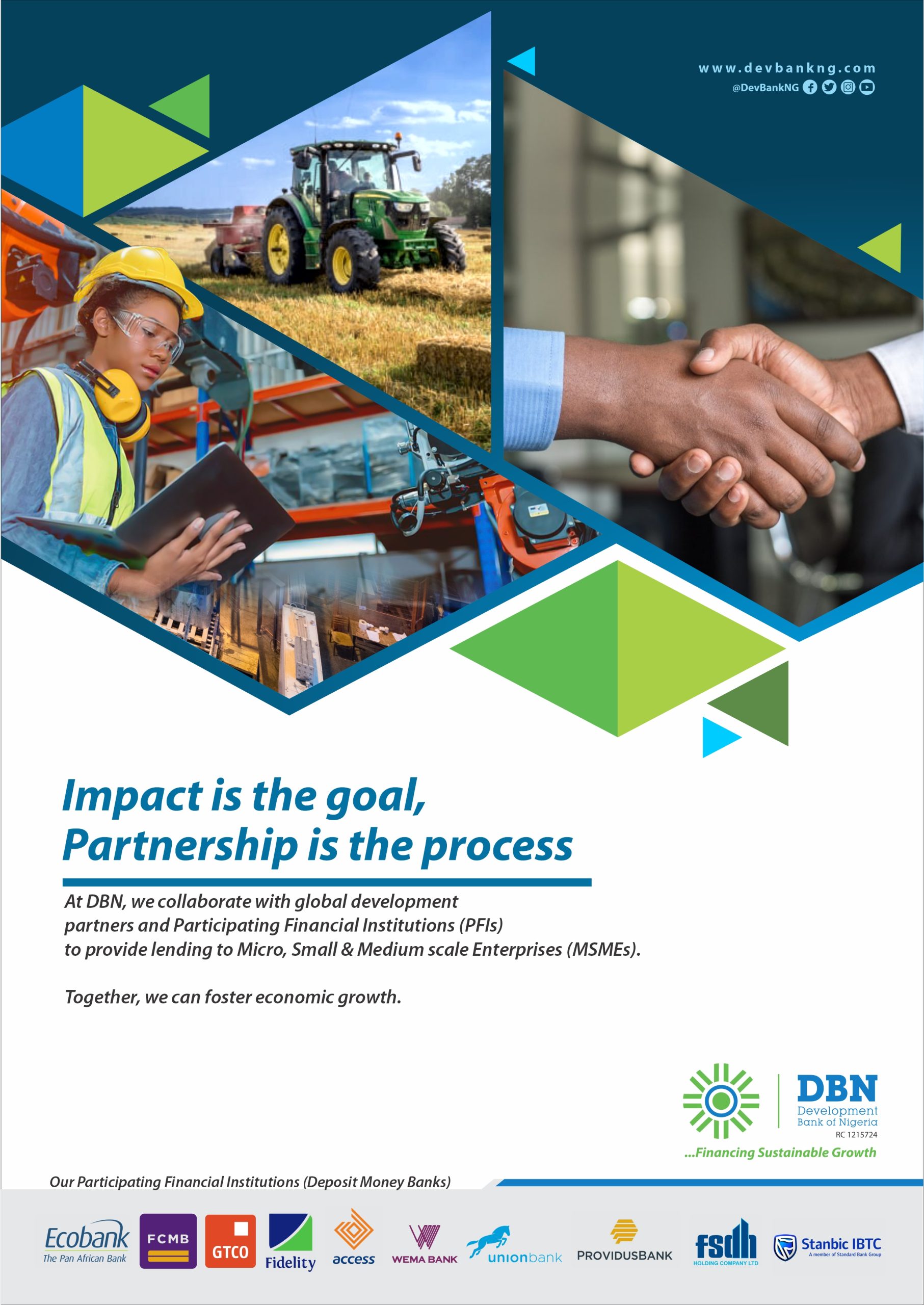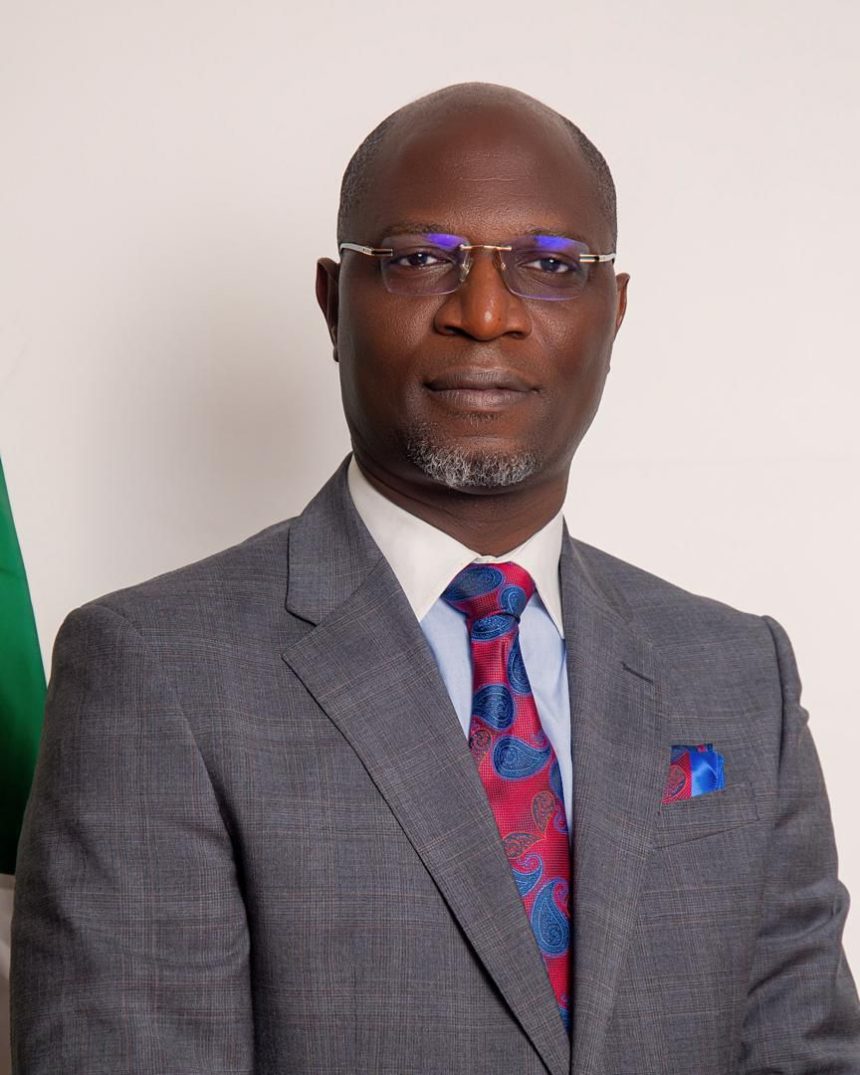SEC Embraces Blockchain Technology to Enhance Capital Market Regulation
By Patience Ikpeme
The Securities and Exchange Commission (SEC) has emphasized the crucial role of blockchain technology in improving efficiency and enhancing the regulation of the Nigerian capital market.
During a session with a delegation from the Algorand Foundation at the SEC headquarters in Abuja, Director-General Dr. Emomotimi Agama highlighted the transformative potential of blockchain technology, particularly in addressing challenges such as financial exclusion and lack of transparency prevalent in Africa.

“In Africa, where there are significant issues such as financial exclusion, lack of transparency, and inefficiencies in public and private sectors, blockchain presents an opportunity to build a future where these challenges can be addressed,” Agama stated. He explained that blockchain, as a decentralized system, enhances trust and security by allowing multiple parties to independently verify and validate transactions without the need for a central authority.
Agama further emphasized the SEC’s commitment to international best practices by actively collaborating with global regulatory bodies like the International Organization of Securities Commissions (IOSCO). This collaboration ensures that the SEC’s regulatory framework remains robust, adaptive, and aligned with global standards, fostering investor confidence and enabling seamless cross-border collaboration.

The SEC has already taken proactive steps to harness the potential of blockchain technology. The Accelerated Regulatory Incubation Program (ARIP) and the Regulatory Incubation (RI) Program are designed to onboard firms operating in the digital asset space, providing a controlled environment for testing new models, products, and services. The recent approval-in-principle granted to two digital asset exchanges and five firms participating in these programs demonstrates the SEC’s commitment to fostering innovation while ensuring robust consumer safeguards.
“In this era of technological innovation, the question is not whether Africa will adopt blockchain, but how it will shape its adoption to maximize its benefits for all the people,” Agama stated. He envisioned a future where blockchain technology streamlines SEC operations, from application reviews to transaction record-keeping.
“We want to activate the blockchain in our efficiency; we want to be able to use it to regulate our market,” Agama said. “My dream is to have all of the information we need to do our work in a blockchain. We want to bring technology into our system for effectiveness where we can work seamlessly and everything that we do will be traceable.”
Agama stressed the importance of continuous learning and adaptation for all SEC staff to effectively navigate and regulate this evolving technological landscape. He emphasized that the success of this endeavor hinges on the collective effort and expertise of the entire SEC team.
Global Head of Business Development at Algorand Foundation, Mr. Eric Wragge, expressed his team’s commitment to assisting organizations in harnessing the benefits of blockchain technology. “It is an honor to be here. We are here to tell you what blockchain is all about and how it can help your work. We are here to democratize the technology; it’s free to use, anybody can use it. Our job is to go round the world, discover where the technology can be used and help people implement,” Wragge stated.
This collaboration between the SEC and the Algorand Foundation marks a significant step towards leveraging blockchain technology to modernize the Nigerian capital market and enhance its efficiency, transparency, and security for all market participants.





